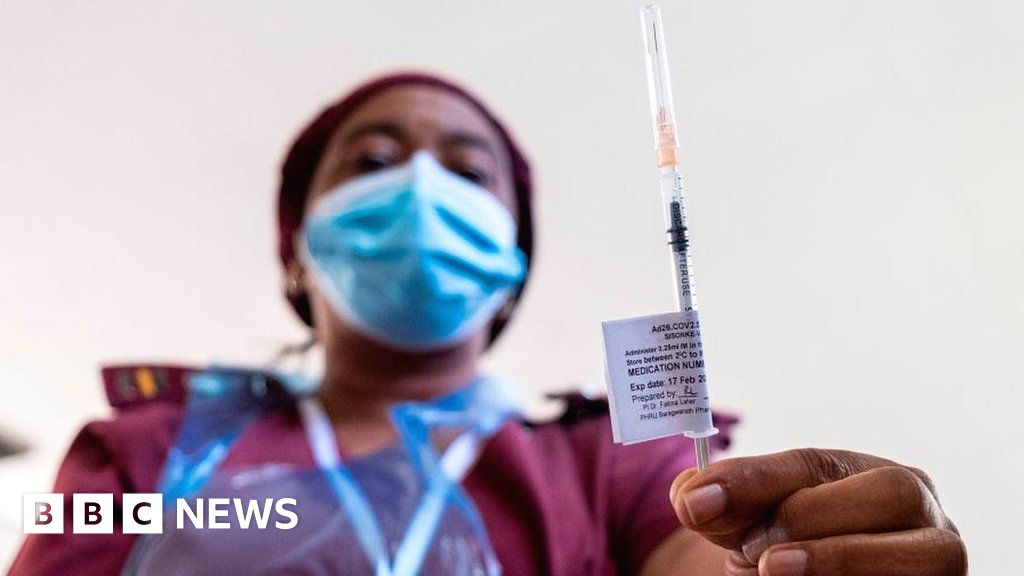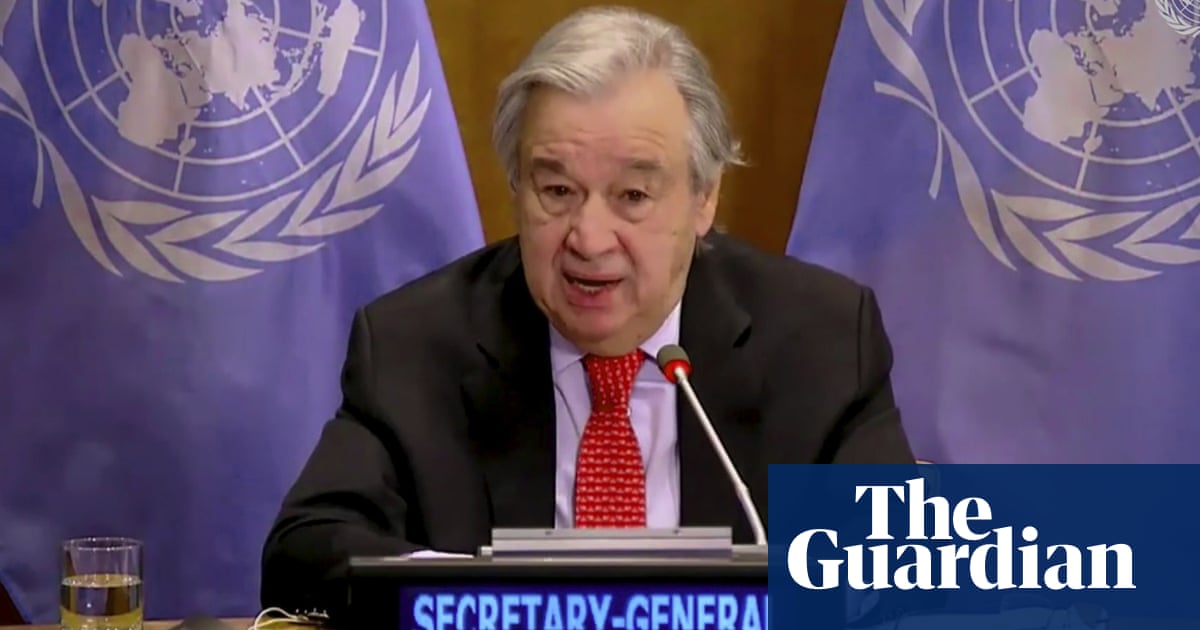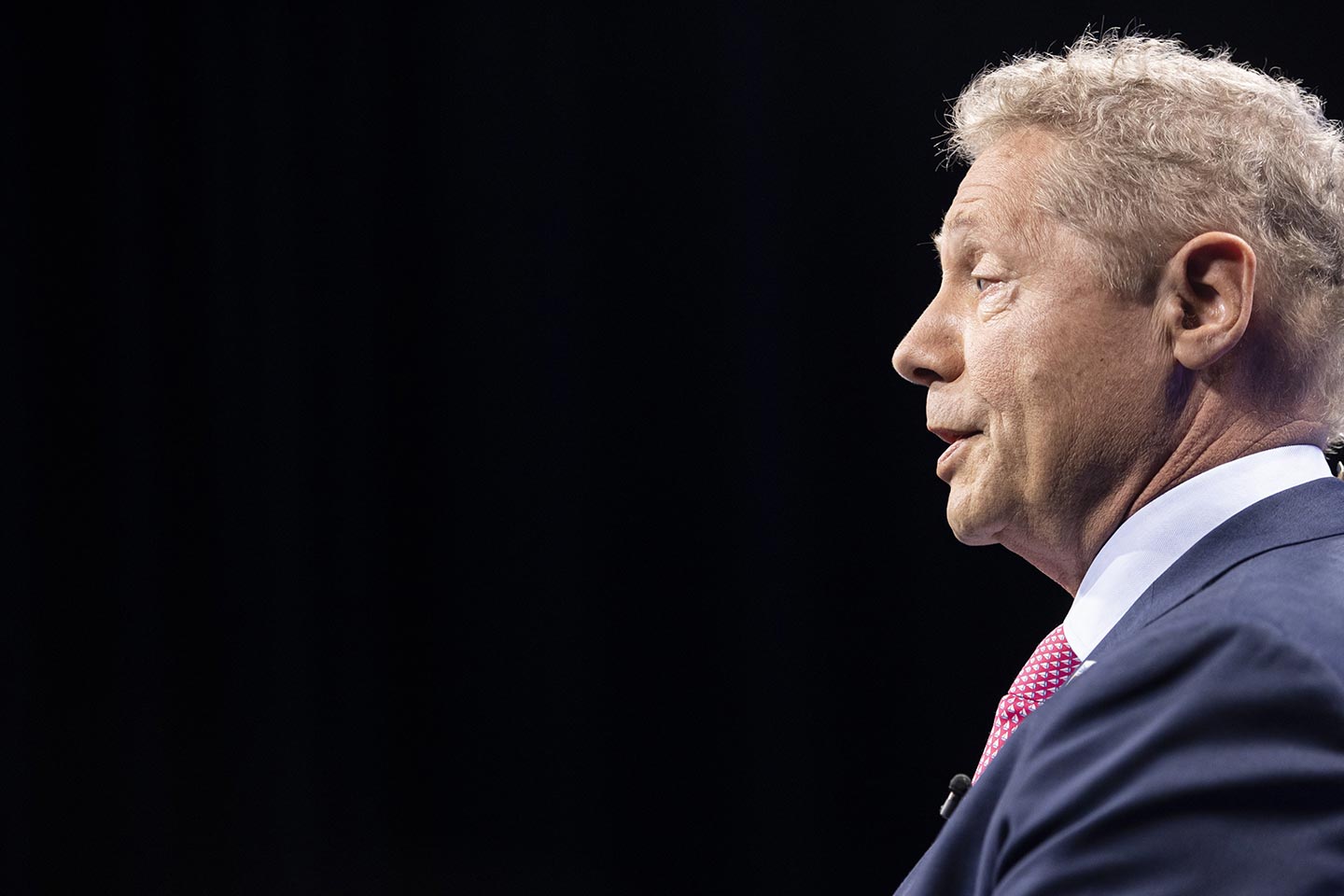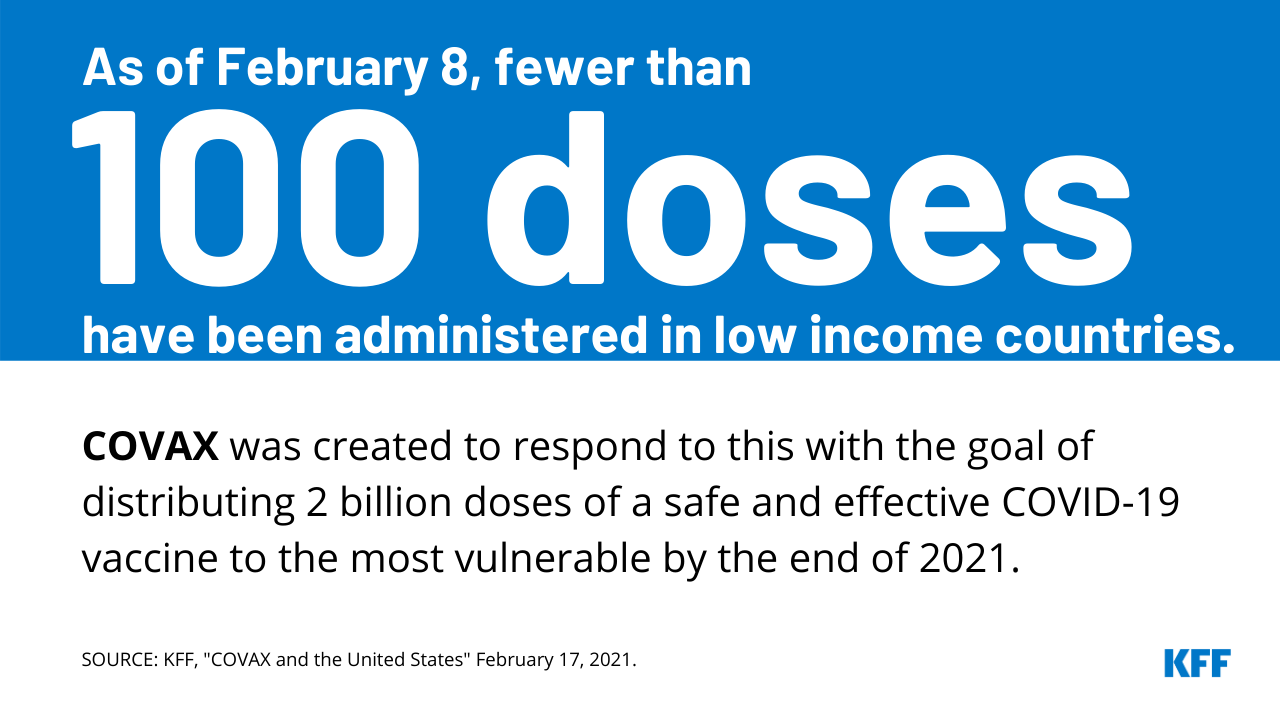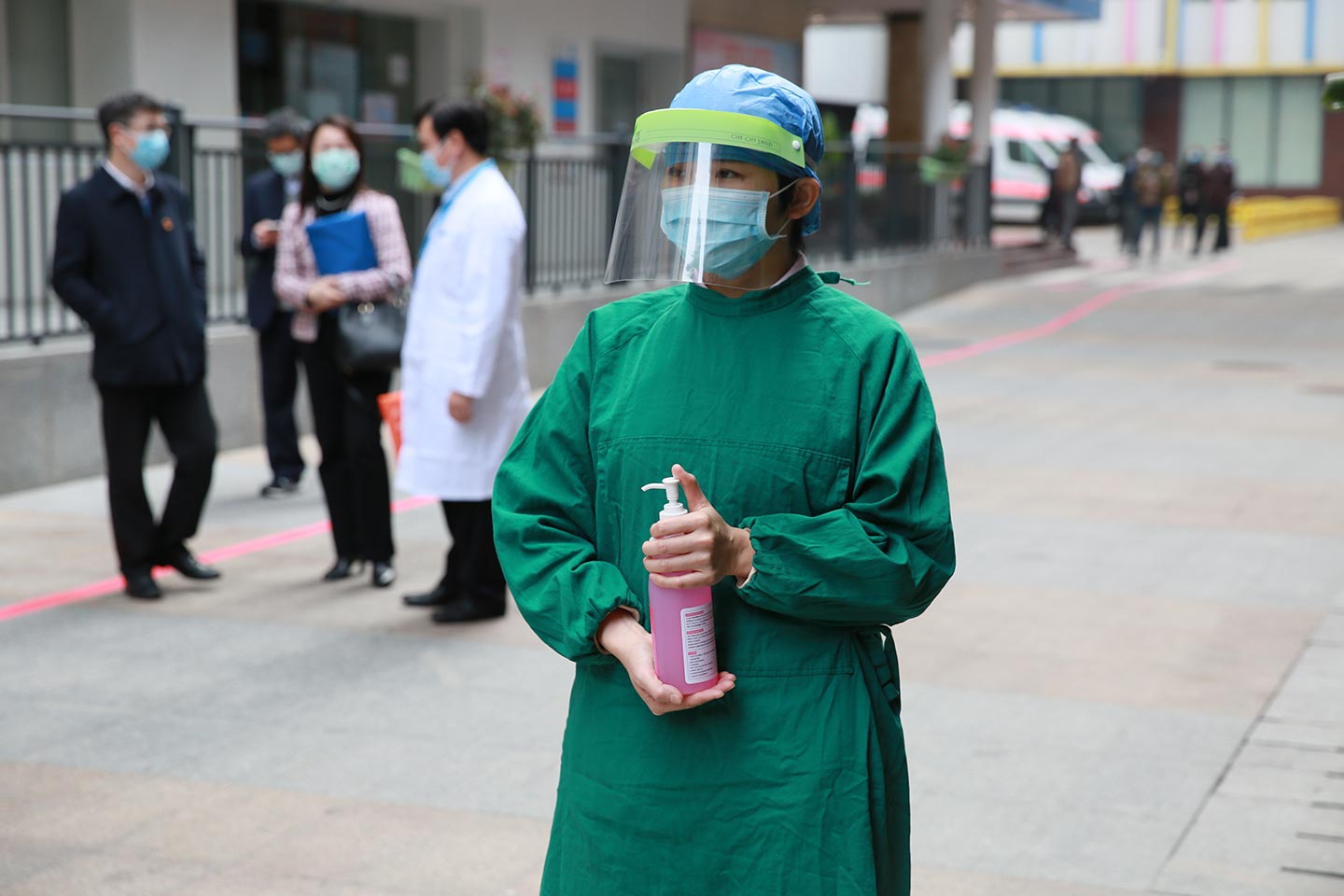'We're double-dipping': Trudeau pressured to speed vaccine distribution amid Covax backlash
Government faces accusations it is taking Covid-fighting supplies intended for developing countries
Justin Trudeau is facing growing pressure to speed up Canada’s sluggish distribution of the coronavirus vaccine, as the country fends off accusations that it is taking supplies of the drug meant for developing countries.
The federal government drew sharp criticism last week when it announced that it would draw on Covax,
a mechanism created to fairly distribute Covid-19 doses around the world, for its supply of the AstraZeneca vaccine.
Canada is entitled to receive shots through the Covax program, which uses advance purchases by wealthy nations to subsidise doses for poorer countries. But it had already completed a series of direct deals with pharmaceutical companies to secure its own supply, prompting accusations of “double-dipping”.
“Turning to Covax demonstrates the desperation of the Trudeau government in terms of its vaccine policy,” said Jillian Kohler, a University of Toronto professor focused on global access to medicines. “Taking [vaccine supply] from a multilateral institution that was designed particularly to help the world’s poor is shocking and an embarrassment.”
The decision prompted condemnation by other party leaders, who questioned the ethical implications of the decision and its effect on Canada’s global standing.
“We should not be double-dipping into this mechanism. It’s very bad for Canadians, it’s very bad for our image,” the Green party leader, Annamie Paul, told reporters.
Trudeau and his team have defended the move, saying that half of Canada’s $C440m investment was set aside for domestic supply. “Our contribution was always intended to access vaccine doses for Canadians as well as to support lower-income countries,” the prime minister said last week.
But Kohler, who previously developed global pharmaceutical policies for a number of UN organizations, said that the decision to draw on Covax reflected a broader domestic failure to secure a consistent vaccine supply.
Last year, Trudeau’s government made agreements with manufacturers that gave it
one of the highest per-capita supplies of coronavirus vaccines in the world.
As the drugs finally roll out, however, Canada has been hit with delays. Last week, no vaccines arrived from Pfizer and the government expects a dip in Moderna’s shipments. As a result of shortages and
domestic fumbles, Canada has only vaccinated 2.38% of its population, one of the lowest rates among developed nations.
Many of Canada’s vaccine woes are tied to the reality that it has no domestic production capacity. Other countries, including Brazil, Mexico, Australia and South Korea, have made deals with drug companies to produce their own supply, but all of Canada’s requests to licence domestic manufacturing have been rebuffed by drug companies.
The government has announced the development of a new domestic vaccine production facility, but it won’t become operational until 2022, and critics have questioned why investment in production wasn’t stepped up sooner.
Even Canada’s largest trading partner, the US, appears unwilling to help. Donald Trump signed an executive order that ensured the first 100m vaccines produced at Pfizer’s Michigan plant would go to Americans. His successor, Joe Biden, does not appear interested in reversing the policy, meaning Canada’s Pfizer supply must ship from Belgium.
Trudeau says Canada remains on track to get 6m doses of the Pfizer and Moderna vaccines by the end of March and 20m in the spring.
But the recent stumbles have proven costly for the prime minister, who is considering the prospect of a spring election.
Until recently, Trudeau enjoyed widespread support for his government’s handling of the pandemic, scoring extra points for securing a large number of vaccine doses. But a
recent pollfrom Angus Reid Institute found confidence in the vaccine rollout had dropped nearly 10 points over the last six weeks.
Another survey found negative sentiment towards the government’s handling of the issue had jumped 19 points since mid-January.
“We’re dealing with a pandemic. People are dying, we have serious variants in Canada. This is not the time to be messing up on policy,” said Kohler. “It didn’t have to happen this way. It didn’t have to be this bad and this outrageous.”


